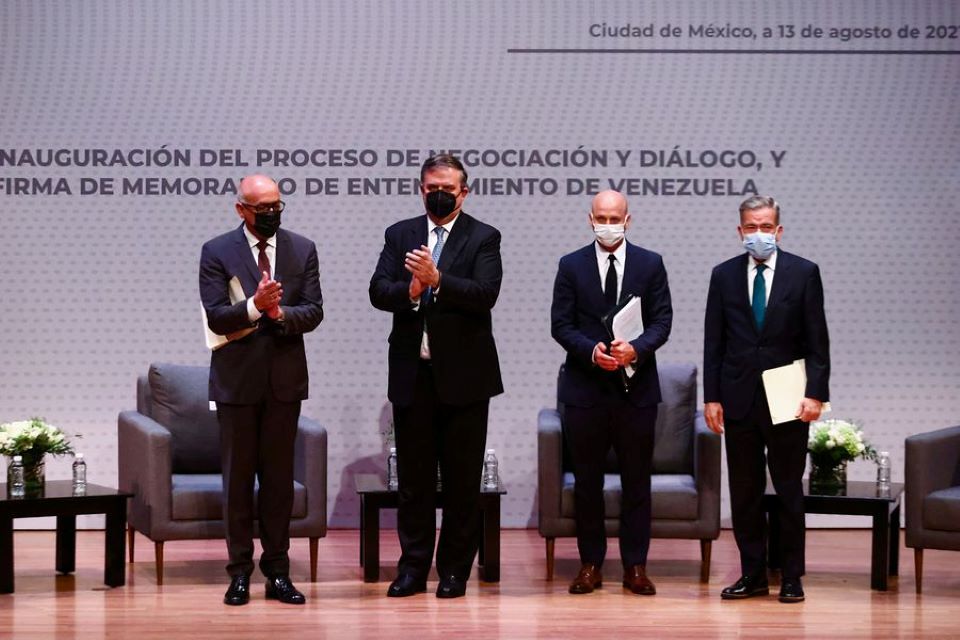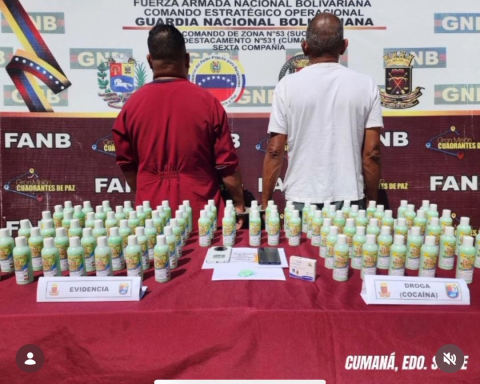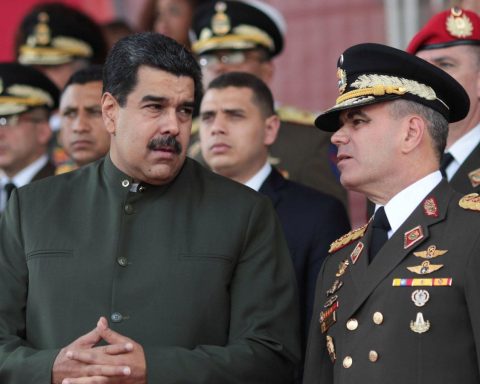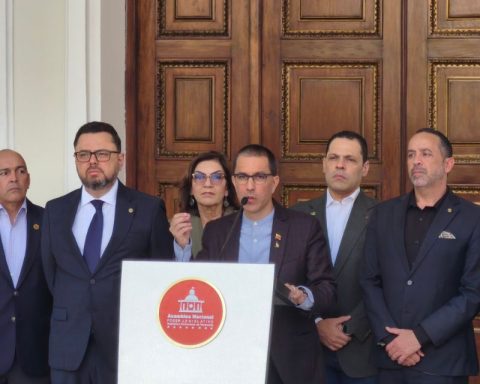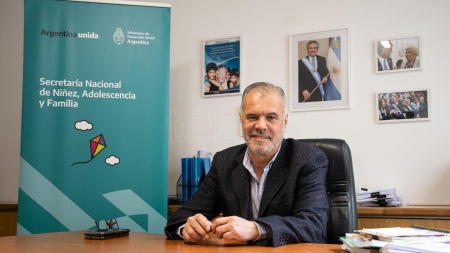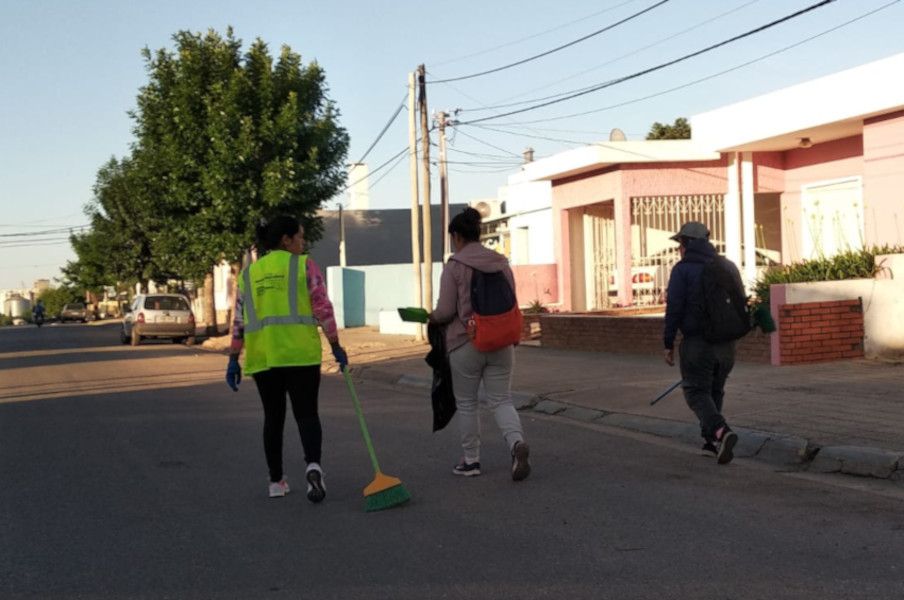A document prepared by 17 experts from the Wilson Center makes broad recommendations on the dialogue process and points out that the leaders of Colombia, Chile and Brazil “may be more effective than Washington in presenting arguments in favor of democratic governance” given their ideological closeness to Nicolas Maduro. They also state that “although some believe that alleviating the suffering of the population would simply reduce the pressure on the Maduro government, it is always important to alleviate suffering and remember that misery rarely leads to popular mobilization.”
The Latin American Program of the Woodrow Wilson International Center for Scholars published this week a report, prepared by the expert in processes of transition towards democracy Abraham Lowenthal (University of Southern California), titled *Venezuela in 2023 and beyond: charting a new course (Venezuela in 2023 and beyond: charting a new course), in which recommendations are presented so that the dialogue process in Mexico, which tries to advance the Democratic Unitary Platform with the government of Nicolás Maduro, advances successfully in benefit of the quality of life of Venezuelans and the achievement of political and economic improvements.
“Negotiations must now start from the agreed principles announced in 2021 and reaffirmed on November 26, 2022,” the document states.
They make it clear that while they see “potential for progress in these negotiations, especially if the United States continues to provide incentives, including sanctions relief,” that process will not “quickly remove deep resentments among Venezuelans” or produce “immediate economic recovery” or «effective democratic governance from one year to the next».
The analysis highlights in its conclusions that the presidents of the left Gustavo Petro (Colombia), Gabriel Boric (Chile) and Luiz Inácio Lula da Silva (Brazil) “They have democratic credibility and direct channels to the Maduro government” and could help advances because “their perspectives would likely be more compelling than warnings from the United States or other countries outside the region.”
“The US government should respectfully encourage Latin American participation of this kind, not by fiat or pressure, but in recognition that these countries can be more effective than Washington in making the case for democratic governance. They could become a new “group of friends” to accompany the negotiations.”
The document warns that the United States has changed its “maximum pressure” scheme against the Maduro administration because it is counterproductive to the objective of the negotiations, “but until now it has been reticent to explain in detail its policy towards Venezuela.”
“A renewed escalation of severe coercive measures by the United States is neither likely nor justifiable; such an approach would only intensify hostilities.”
“The US government should also provide generous assistance to countries that are absorbing refugees from Venezuela, and should continue to provide temporary protected status to Venezuelan migrants in the United States.”
*Read also: With the CLAP bag, the Maduro government tries to stop the teachers’ protest
The experts too recommend to “the democratic opposition not to lose sight of the probable utility of organizing occasional street demonstrations, not to overthrow the government, but to increase the influence of the opposition. Combining pressure and concessions, in different ways and at different times, is often a valuable strategy for negotiations.”
They suggest “skillful political leadership,” “strategic patience and persistence,” and keeping in mind that just as getting to the national crisis took years, reversing it will take time, too. “Negotiators and their international allies should not expect to solve all of the country’s problems at once.” They also warn that “Negotiators must balance the confidentiality of the negotiation with efforts to involve Venezuelan political parties, civil society, and the public in the process.” of dialogue.
“Democratic transitions and peacebuilding efforts often thrive when broad sectors of society are involved. Their participation helps ensure that any agreement addresses the needs of the population.” The expert group recommends “not opening confidential conversations in public view, but providing regular reports that build trust in negotiators and their work.”
The aforementioned are some of the aspects contained in the most recent report of the Wilson Center’s Venezuela Working Group, a diverse collection of experts, including academics and former government officials from various countries. The group issued its first major report in November 2021, Democratization in Venezuela: new paths for political changeprepared by Michael Penfold, professor of public policy and strategic planning (IESA), specifies the introduction of the recent document.
In addition to Lowenthal and Penfold, 16 other scholars of political, strategic, and negotiation processes subscribe to the analysis, namely: Cynthia Arnson (Wilson Center), Paul Joseph Angelo, PhD, Javier Corrales (Amherst College), Larry Diamond (Stanford University ), Laura Gamboa (University of Utah) Benjamin Gedan (Wilson Center), Sergio Jaramillo (European Institute of Peace), Maryhen Jimenez (Oxford University and Wilson Center), Miriam Kornblith (National Endowment for Democracy), Jennifer McCoy (Georgia State University), Keith Mines (United States Institute of Peace), Francisco Monaldi (Rice University), John Polga-Hecimovich (US Naval Academy), Christopher Sabatini (Chatham House), David Smilde (Tulane University) and Harold Trinkunas (Stanford University).
“Tough negotiations on specific issues”
In analysis, he speaks of the fact that the ruling party gained ground in Venezuela “due to the errors of judgment of the maximalist factions of the opposition and their international sponsors, particularly in the United States government.” Now, the focus of the negotiations should be “common ground first emphasized on the 2021 Memorandum of Understanding: alleviate humanitarian distress, release political prisoners, protect human and political rights, begin to rebuild Venezuela’s economy, and rebuild effective democratic governance.”
The next stage covers “the conditions for the anticipated presidential elections of 2024 and the legislative and municipal elections of 2025, and re-institutionalizing the Venezuelan State while strengthening a vigorous network of civil society organizations. As for the 2024 and 2025 elections, the goal should be to ensure that opposition parties can compete freely.”
*Read also: Juan Manuel Trak: “The conditions are right for an outsider”
The Venezuela Working Group calibrates that “Maduro and at least some of his colleagues understand that Venezuelans are still in favor of democratic elections. Free and fair elections could provide a more stable and legitimate basis for rule than autocracy and repression.”
«The situation in Venezuela has changed and the international context too. These facts call for new and different American responses. The United States must actively participate in advising and supporting compromise and democratic coexistence. It should treat the Maduro administration and the Unitary Platform as the most relevant political actors in Venezuela and help create space for the full range of nonviolent parties and organizations, including those associated with Chavismo. Treating law-abiding, democratic chavistas as legitimate participants in Venezuelan public and political life will be essential to any democratic outcome.”
The parties will have to carry out “tough negotiations on specific issues”, “that requires courage, strategic patience. Many negotiated transitions from authoritarian rule and difficult conflict settlements, in Latin America and around the world, took years to achieve. Venezuela did not transform overnight from a peaceful, democratic, and relatively prosperous (if highly unequal and corrupt) society to a polarized and violent nation with widespread poverty and hunger, severely weakened public health and educational infrastructure, and mass emigration. Nor should it be expected to recover overnight.”
In electoral matters, the Wilson Center advocates putting into practice the reforms proposed by the electoral observation mission of the European Union in 2021.
*Read also: Jesús María Casal: plans were approved to allow foreign voting in primaries
«The Maduro government and the Unitary Platform should jointly invite Europe to monitoring, including regular pre-election monitoring visits, beginning as soon as possible. Observers from Latin America and Canada should be invited to complement those from the European Union. Complex issues must be resolved in coordination with the National Electoral Council, including the registration of Venezuelans in the country and abroad and the establishment of consular facilities to facilitate the participation of Venezuelans abroad, especially in the countries with the largest number of Venezuelan refugees and migrants, Colombia, Peru, Chile, Spain and the United States. This should be a priority.”
The report also warns against the detractors of the negotiation that “will probably attack the process without presenting any real alternative, perhaps because they are not committed to a negotiated agreement and prefer immediate changes, instead of gradual ones, and often only in their favor. Such attacks, from one or both sides, must not be allowed to derail negotiations.”
“Those who actively and sincerely participate in negotiations and develop constructive working relationships with their counterparts they should not be attacked as appeasers or traitors, nor as naive. They are generally realistic and patrioticeach doing their part to resolve deep-seated conflicts, step by step, and to advance the interests of Venezuela and its citizens.”
“No path is free of risk in such conflicting circumstances. However, all relevant actors must now take the risks to fully explore a negotiated path towards genuine democratic governance, respectful coexistence and economic recovery in Venezuela, after so many years of polarization, repression and deprivation.”
*Venezuela in 2023 and beyond: charting a new course, own translation of SuchWhich
Post Views: 497
